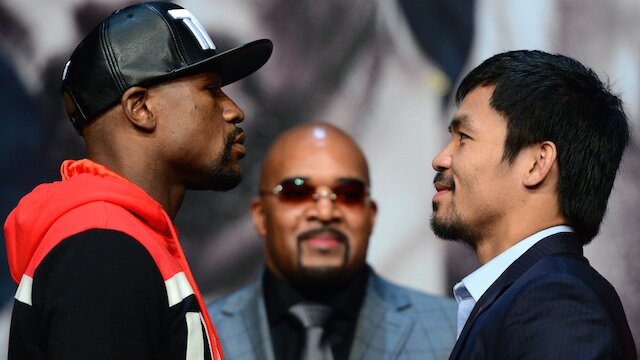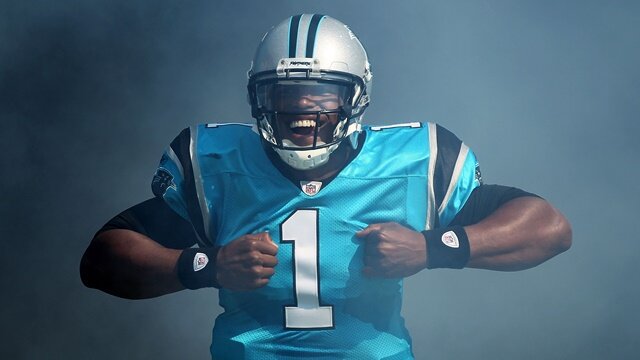It was news that we all feared was coming for a long time.
The United States Anti-Doping Agency will strip Lance Armstrong of all seven of his Tour de France victories after Armstrong decided to drop his fight against charges that he used performance enhancing drugs while competing. Armstrong has also been hit with a lifetime ban from the sport. In addition, he will lose his bronze medal from the 2000 Olympics, as well as any awards, event titles, and cash earnings.
Basically, his legacy is ruined, and he will forever be remembered as a cheater instead of a hero.
But not to me.
In the middle of Armstrong’s unprecedented string of seven consecutive Tour de France titles, I predicted that the cyclist was using PEDs, as did many others, I’m sure. I wasn’t the least bit surprised when allegations started in on Armstrong following his retirement, and I’m not surprised to learn that he’s been stripped of everything he spent his life working towards.
He’s certainly not the first athlete to have his hard-earned reputation tarnished, or even destroyed, by steroid use, and he definitely won’t be the last.
But why? Why does it have to be like this?
Why do we always have to remember sports figures for their mistakes?
Pete Rose bet on baseball. Never mind the fact that he was the epitome of a hustler and perfect teammate.
LeBron James announced his free agent signing with the Miami Heat on live TV. So it doesn’t matter that he’s never been in trouble with the law, is a model teammate and leader, and a pretty good guy.
I could go on and on, but I won’t.
It’s just a shame that we live in an era where athletes are judged for every move they make. Athletes are real people too, and I think it’s ironic how Armstrong will be heavily blasted for his decision to use PEDs when in reality, a significant amount of the general population would have done the exact same thing if they were in his shoes.
Armstrong cheated, yes. He has been drug-tested hundreds of times and he has never failed a drug test but clearly his decision to stop his fight against the drug charges shows his guilt. He took an unfair advantage that thousands of other athletes have also done.
That doesn’t make him a monster or a villain. It makes him human.
I don’t think anyone was really surprised that Armstrong took steroids. In the late 1990s and early 2000s, everybody used steroids. So when an ordinary man survived testicular cancer when he had less than a one percent chance of winning and went on to win the most prestigious cycling event in the world seven times in a row, most would have predicted that he was winning with outside help, a la PEDs.
But he still won. Every year, for seven straight years. He’s one of the greatest athletes who ever lived and PEDs don’t change that for me one bit. They really don’t.
Armstrong is a hero, in my book, because he raised hundreds of millions of dollars for cancer research. He made Livestrong a household name. Who knows what the world would be like today if Armstrong hadn’t beat cancer more than 15 years ago?
Everybody has skeletons in his or her closet. If you don’t now, you will one day. It’s all a part of being human.
On Thursday, August 23rd, the world learned that Armstrong isn’t superhuman, despite his incredible success against cancer and on the bike tour.
He’s just plain human.
This article was written by Bryn Swartz, the top writer for the Philadelphia Eagles and a featured NFL columnist on Rant Sports. Bryn has written more than 1000 articles in less than two years as a member of Rant Sports. His blog, Eagles Central, was named the 2010 Ballhyped Sports Blog of the Year. To read a portfolio of Bryn’s best work, click here.
 Share
Share 










